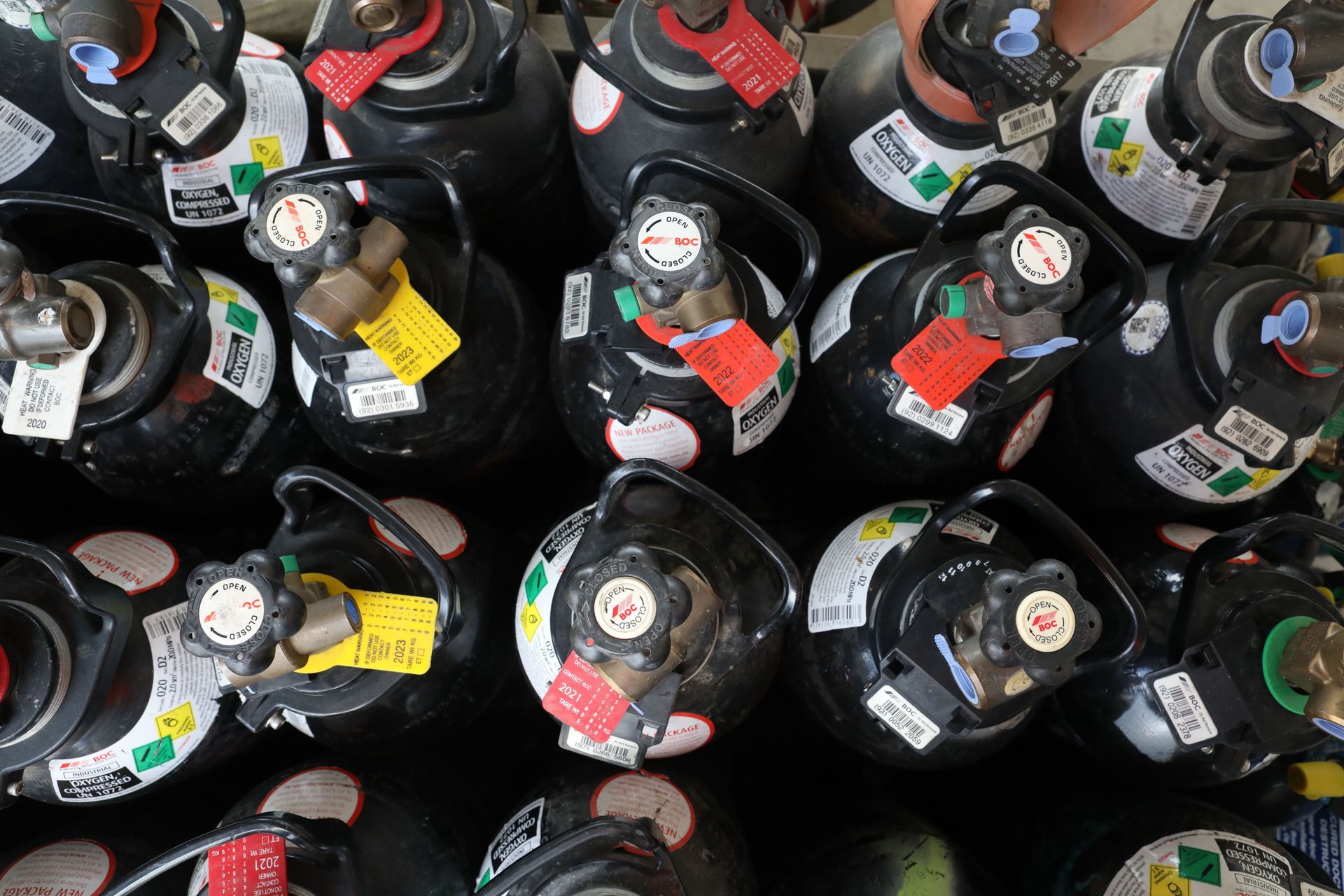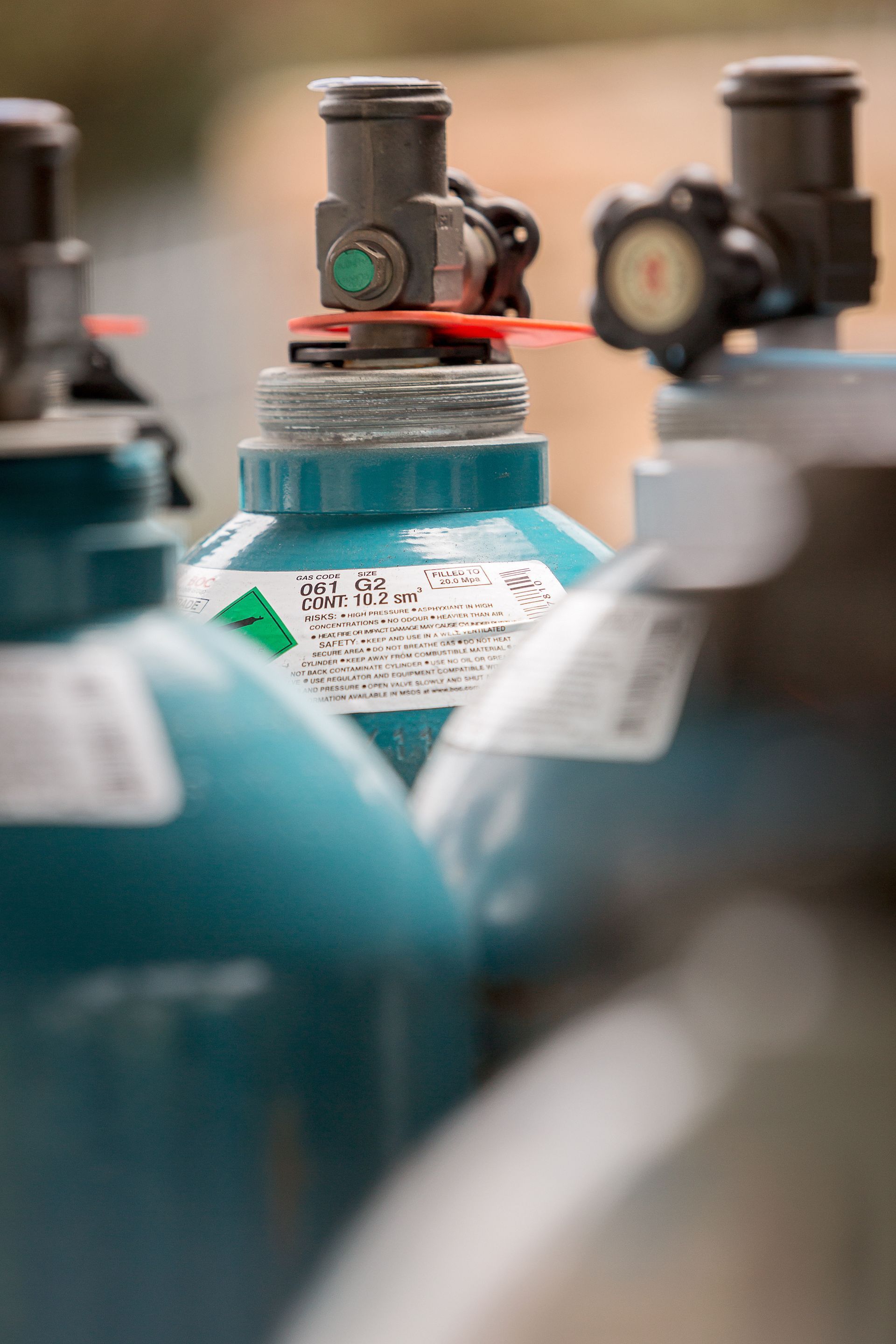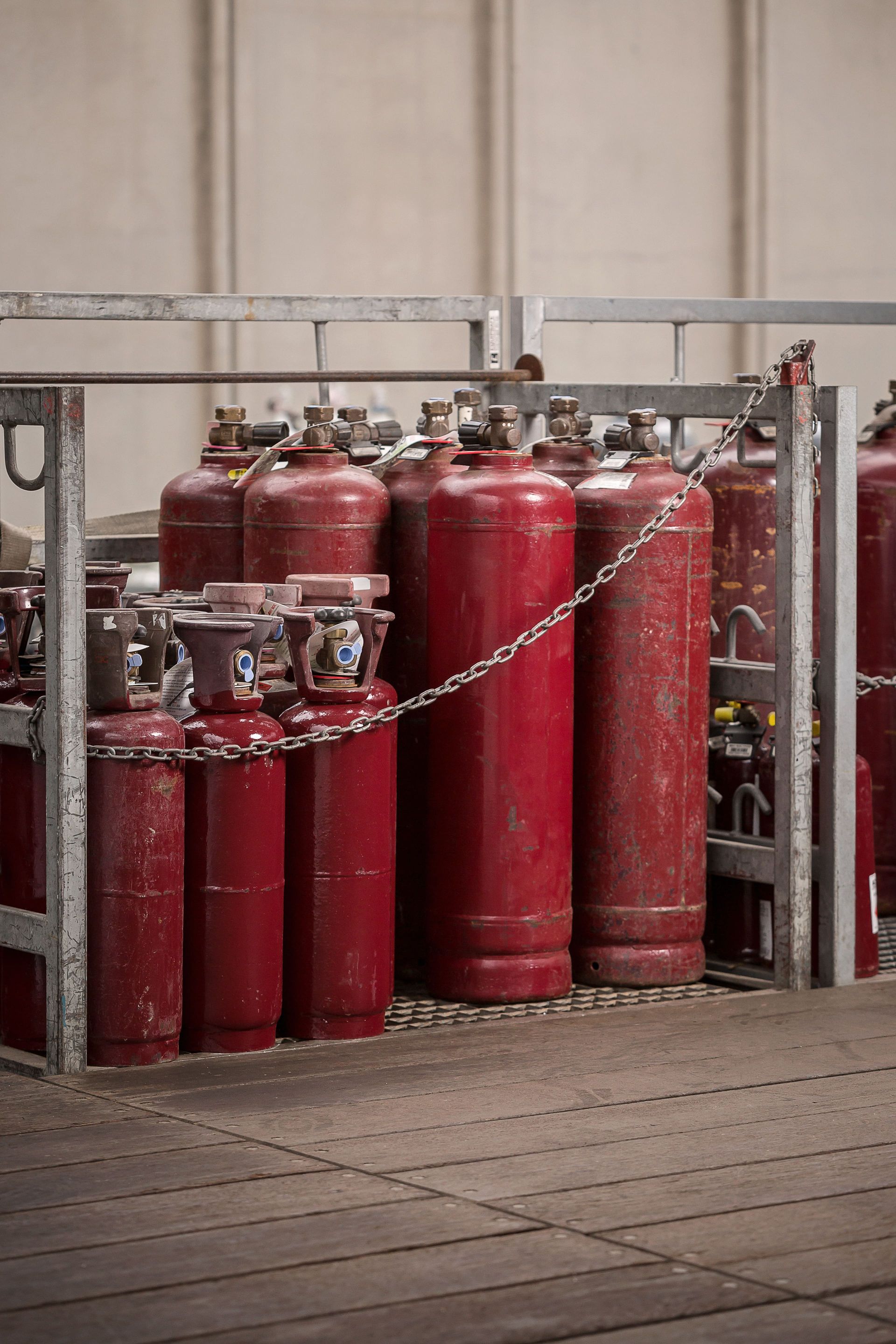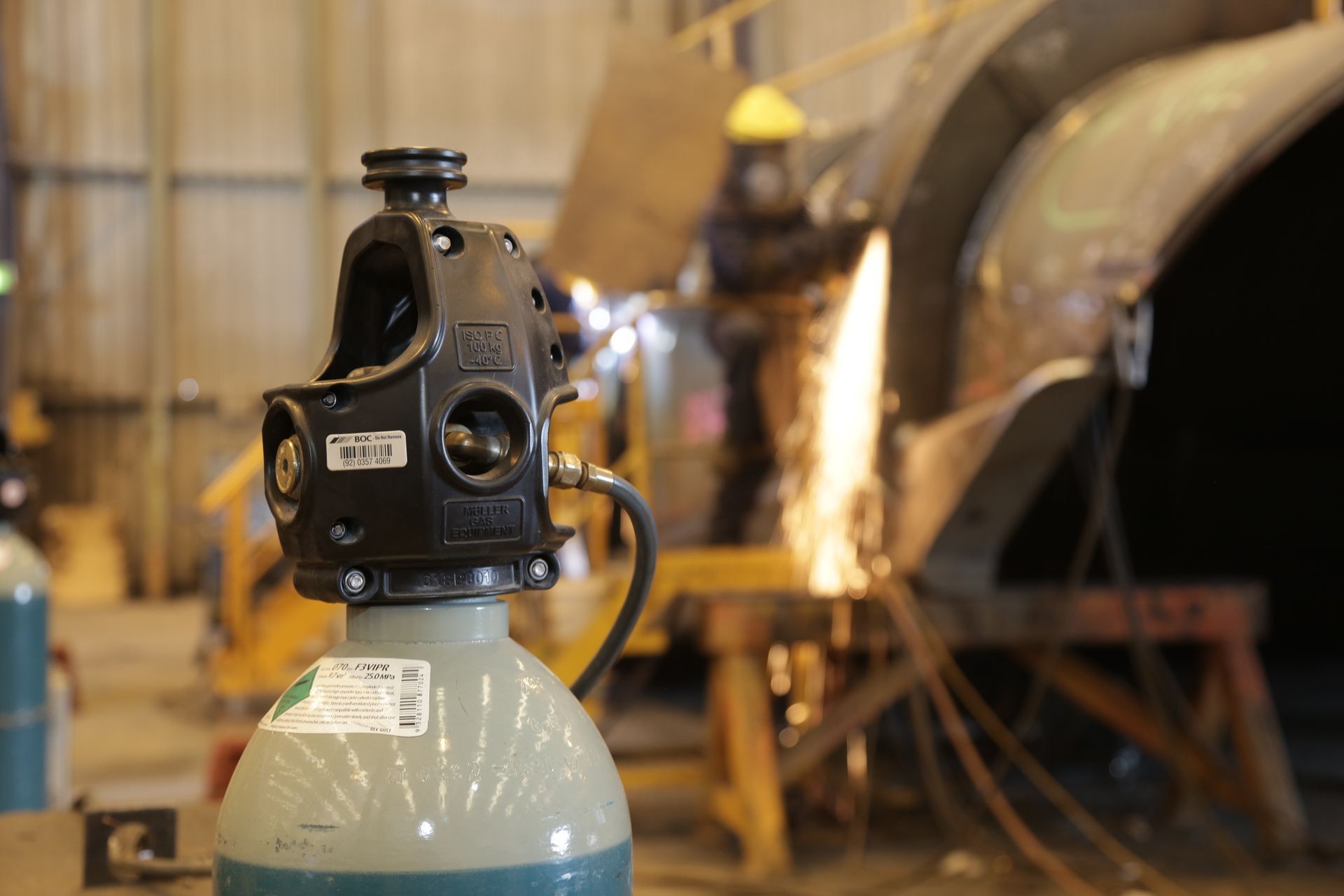1MG FlippingBooks
Rethinking Industrial Gas Supply: Why Flexibility Is the New Standard
BOC’s Flexigas offers farmers flexible, pay-as-you-use gas supply—no contracts, no fees, just control and convenience year-round.
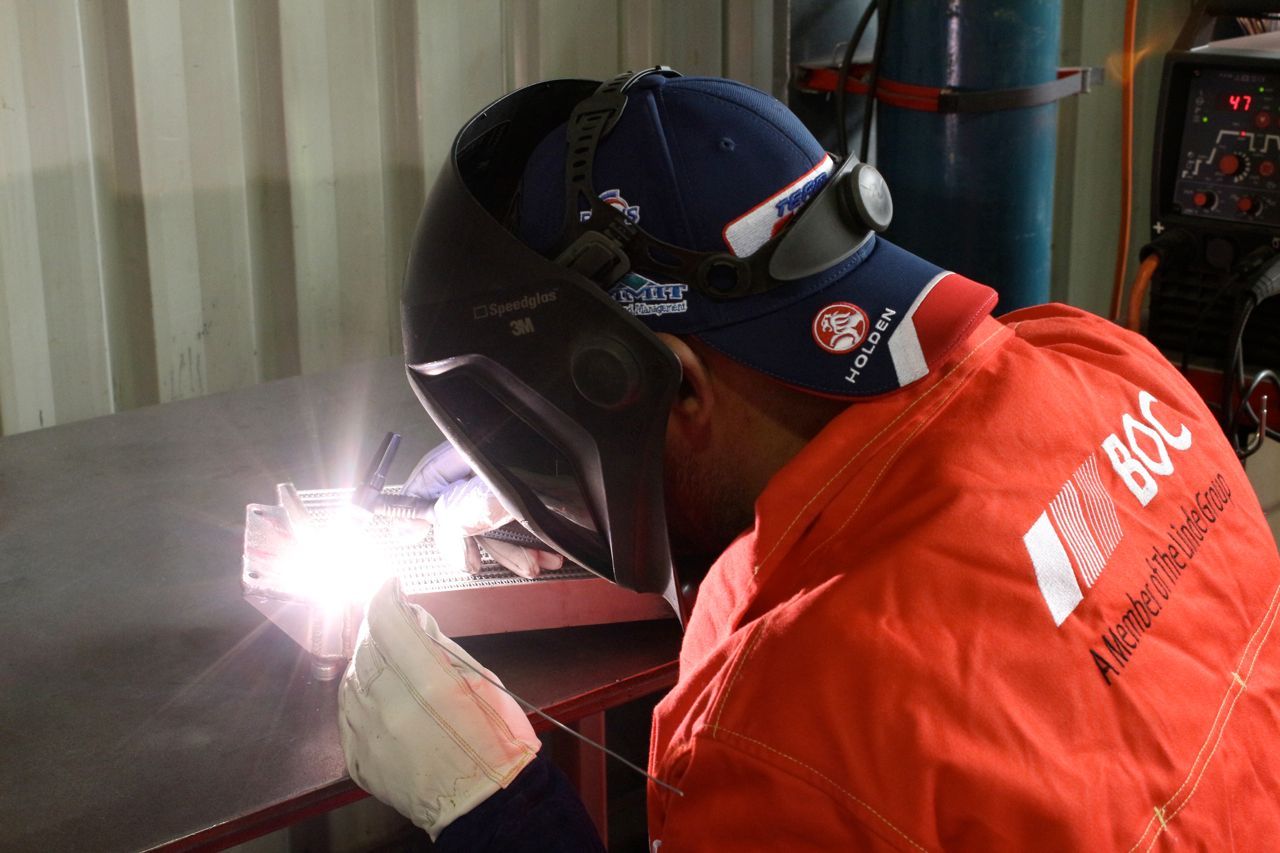
For decades, industrial gas supply has followed a familiar formula: fixed contracts, rental fees, and rigid delivery schedules. But as farmers work patterns evolve and demand becomes increasingly unpredictable, that model is starting to show its age. In response, BOC Australia has introduced a new approach—Flexigas—that challenges the traditional assumptions about how gas should be accessed and managed.
At its core, Flexigas is about giving Australian Farmers more control. Based on a pay-as-you-use structure, it does away with the conventional hurdles: cylinder rental fees, upfront deposits, and the need to commit to long-term supply agreements. Instead, it offers a more fluid system that aligns with the needs of the Agriculture industry whose gas usage varies—Because we understand Farming isn’t a 9-5 job and has seasonal workloads, fluctuating demands and inclement weather.
The range of gases covers a wide variety of gases essential to farming and the plan is as broad as it is practical—covering everything from welding staples like acetylene and shielding gases, to food-grade carbon dioxide. The result makes it perfectly suited to the Agriculture sector and is a model that can flex across sectors, from metalwork to manufacturing.
In an era where adaptability is critical, BOC’s Flexigas plan offers the flexibility that modern farmers need. Whether you're a hobby farm or a large commercial farm, Flexigas gives you the control to manage gas supply on your terms—without the hassle or hidden costs.
With Flexigas, BOC Australia is setting a new standard in gas supply — one that puts the customer first and ensures you're never paying for more than you need.
Company email: contact@boc.com
Company website: https://www.boc.com.au/shop/en/au/flexigas




